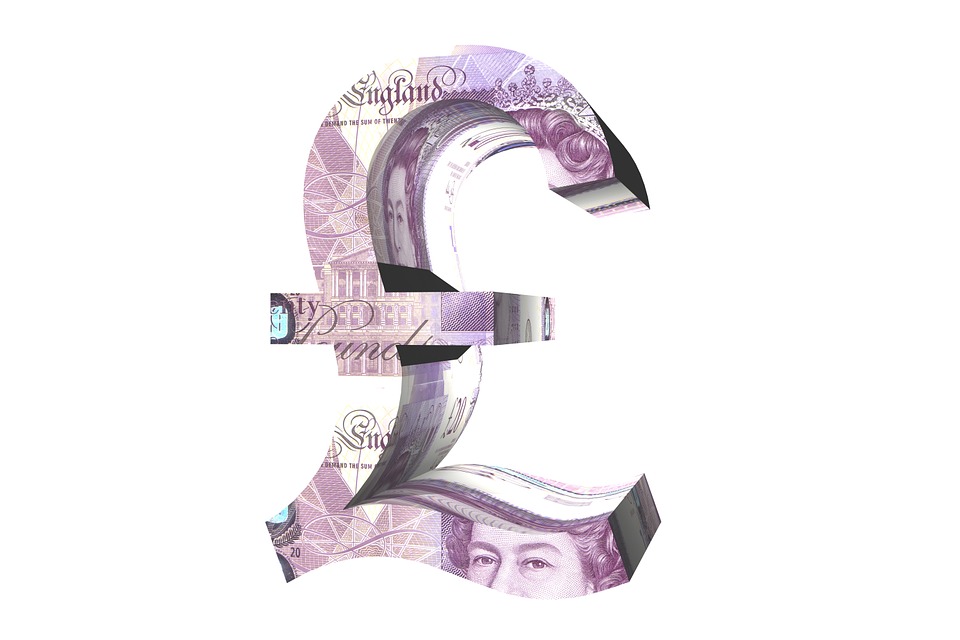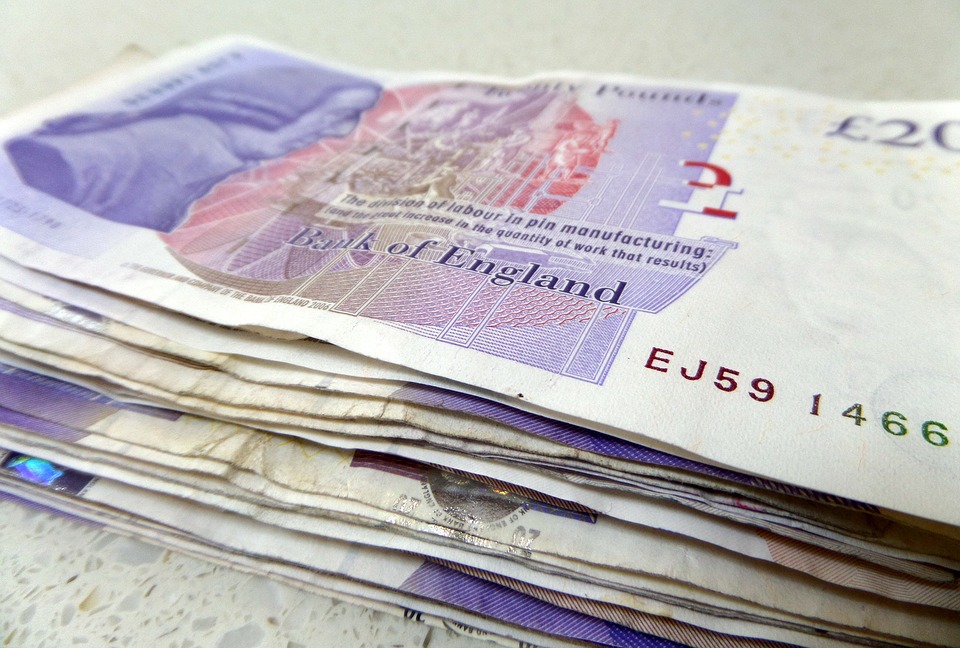The Bank of England recently announced the first interest rate hike in ten years as it acted on its legal mandate to keep rising inflation in check. Base rates have steadily decreased since 2007 culminating in the historic low of 0.25 per cent following Brexit last year, but the decision to leave the EU has weakened the value of sterling, and despite the “no change” policy prevalent for so long, the BoE has finally decided to act. The rise means change for homeowners and their mortgages but what will be the real-world impact?
Modest rise for variable rate mortgages
Homeowners with a tracker rate or standard variable rate (SVR) mortgage will be most affected by the BoE’s decision. If you have a mortgage of £175,000, then you can expect to pay around £22 more each month; that increases to almost £50 a month for a £400,000 loan. Around half a million borrowers are currently on Nationwide’s popular base mortgage rate tracker so the uptick from 2.25 per cent to 2.5 per cent will increase a monthly bill to £785 for a £175,000 loan.
However, the mortgage landscape has changed dramatically in recent years, and while there are up to five million households with an SVR mortgage, these loans tend to be older and have smaller outstanding balances. The market is now skewed towards fixed-rate mortgages so fewer homeowners will find themselves out of pocket in the short term.
The chief economist at Resolution Foundation Matt Whittaker stated: “The big changes that have taken place in our housing market over the last decade mean that barely one in ten families are at risk of seeing the overnight effect of today’s interest rate decision through higher mortgage costs.” The independent think tank believes just 11 per cent will be immediately affected, which is down significantly on the 19 per cent that would have felt the pinch a decade ago. That is due in part to a decline in homeownership and the rise in SVR.
Fixed rate mortgages remain static for now
Homeowners with a fixed-rate mortgage will not be affected by the interest rate rise in the short term. More than half of mortgage loans in the UK are fixed-rate, but due to changes outlined earlier, a sizeable 94 per cent of all new mortgages are now on these deals. That means the majority of borrowers won’t have to worry about an uptick in repayments for now.
However, fixed-rate mortgages typically run for two or five years so you may face the prospect of higher monthly repayments after the end of the current term. You should also be wary of “payment shock” during this period as a failure to remortgage could mean that you continue with the standard variable rate offered by your lender. Santander has already stated that its SVR is set to increase to 4.74 per cent from 4.49 per cent.
Buy-to-let mortgages increase
Buy-to-let mortgages are slightly different as interest only is the most common repayment option. Base rate rises, therefore, have a more significant impact on landlords as they are forced down an alternative path compared to conventional buyers. The quarter percentage rise on a £200,000 loan would only increase monthly payments by £25 for the latter, but if you have a buy-to-let deal for a property in London, you can now expect to pay £40 extra a month.
Long-term outlook
BoE governor Mark Carney has stated on several occasions that interest rates are likely to increase at a slow and steady pace in the future. While the current hike appears small, the cumulative impact of several rises could be more damaging, though it is unlikely to be disastrous for most households. For example, a two quarter-point rise will increase monthly payments by £38.61 to £718.36 for a £150,000 mortgage, while a one per cent rise from the new rate would increase payments by £78.48 to £758.20.
Borrowers generally should be able to absorb the costs because after the fallout from the major crash ten years ago the Financial Conduct Authority now enforces new regulations to ensure lenders only lend to people capable of coping with rate increases. Those new rules will now be tested thoroughly for the first time.
Pay off mortgage early
The interest rise is a great incentive for reappraising the terms and details of your mortgage to determine whether it would be a worthwhile investment to pay it off early. Most mortgages allow you to make “overpayments” each year without any charge to cut the time it takes to pay it off completely. Taking a closer look at your mortgage paperwork will also flag up any irregularities regarding PPI. The payment protection insurance (PPI) scheme was widespread during the 1990s and 2000s, and you may discover that you paid for insurance without your consent. You can use a PPI Calculator to find out how much you may be owed in compensation.
Conclusion
The interest rate rise is big news, but the impact is minimal for the time being as tracker rates rise by a modest sum and fixed-rate mortgage holders adopt a wait and see approach. House prices are not expected to increase either. The real test will be when the BoE rolls out “slow and gradual” base rate rises because those increases could eventually cause significant problems for borrowers. Everyone should, therefore, be vigilant and reappraise their financial position in the coming months.
Source: London Loves Business


